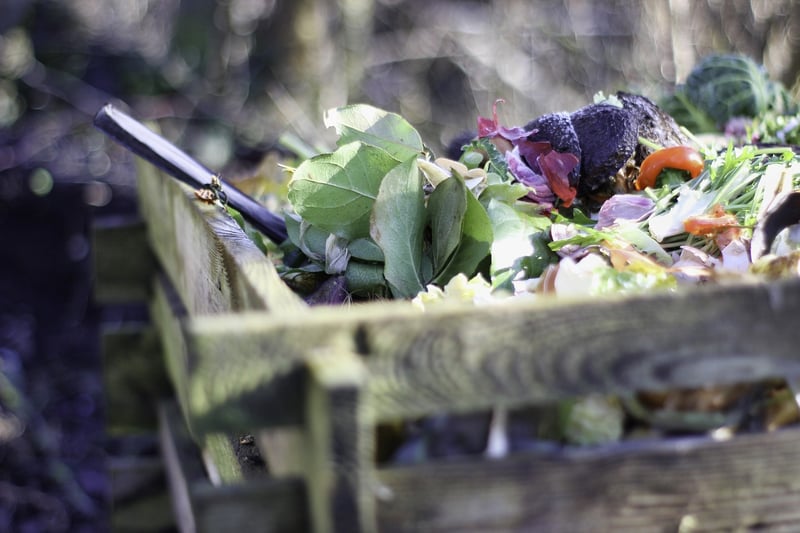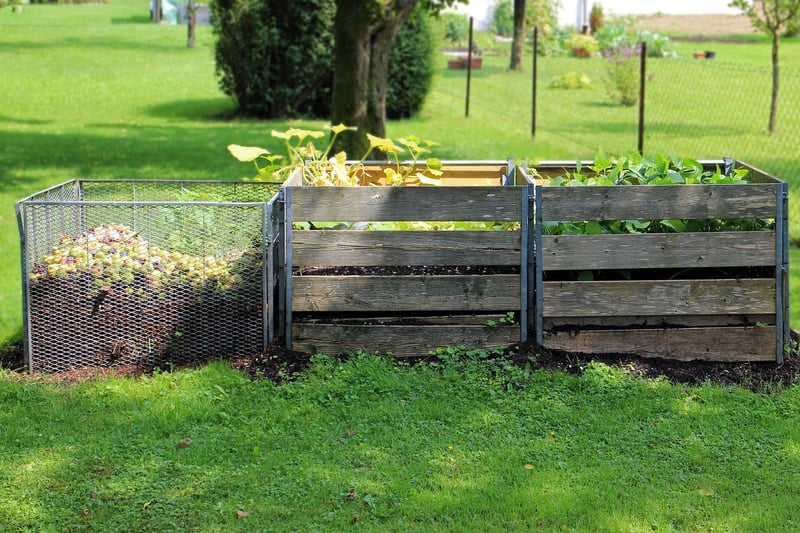Benefits of Composting
The Importance of Sustainable Waste Management and Benefits of Composting
In today's world, sustainable waste management practices are becoming increasingly vital to protect the environment and reduce our carbon footprint. One of the key components of sustainable waste management is composting, a natural process that transforms organic waste into nutrient-rich soil. Let's explore the benefits of composting and why it plays a crucial role in creating a more sustainable future.
Benefits of Composting:
-
1. Reduces Landfill Waste:
Composting organic waste helps divert materials from landfills, where they would otherwise release harmful greenhouse gases as they decompose. By composting, you can significantly reduce the amount of waste that ends up in landfills.
-
2. Enriches Soil:
Compost is a natural fertilizer that enriches the soil, promoting healthier plant growth. It improves soil structure, water retention, and provides essential nutrients to plants, reducing the need for chemical fertilizers.
-
3. Reduces Greenhouse Gas Emissions:
When organic waste breaks down in landfills without oxygen, it produces methane, a potent greenhouse gas. Composting organic waste aerobically reduces methane emissions and helps combat climate change.
-
4. Saves Money:
Composting can save you money on waste disposal fees and reduce the need to purchase chemical fertilizers. It is a cost-effective way to manage organic waste while benefiting your garden or landscape.
-
5. Promotes Sustainability:
By composting, you are actively participating in a sustainable practice that closes the loop on organic waste. It is a simple yet impactful way to contribute to a healthier environment and a more sustainable future.
Get Started with Composting:
If you're interested in starting your composting journey, here are a few simple steps to get you started:
- Choose a composting method that suits your space and lifestyle, such as a backyard bin, worm composting, or indoor composting.
- Collect organic waste materials such as fruit and vegetable scraps, coffee grounds, eggshells, and yard trimmings.
- Layer green (nitrogen-rich) and brown (carbon-rich) materials in your compost bin to create a balanced mix.
- Turn your compost regularly to aerate it and speed up the decomposition process.
- Use the finished compost in your garden or potted plants to nourish the soil and support plant growth.
Composting is a rewarding and eco-friendly practice that not only benefits your garden but also contributes to a healthier planet. Start composting today and make a positive impact on the environment!

For more information on composting and sustainable waste management, check out EPA's composting guide.
